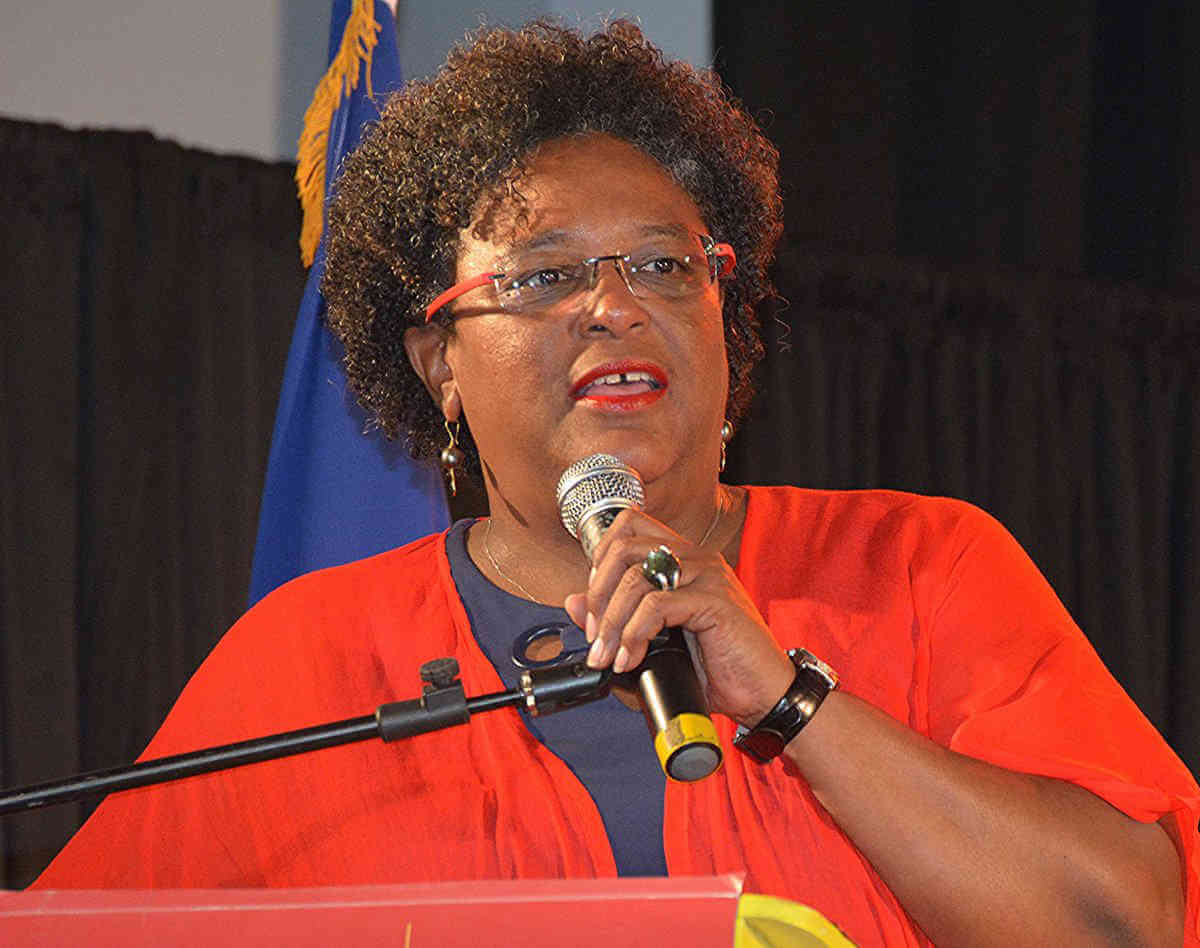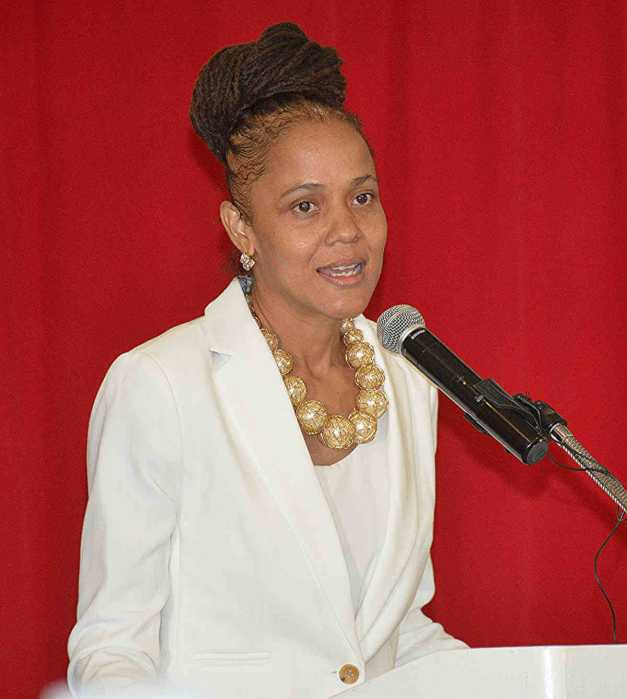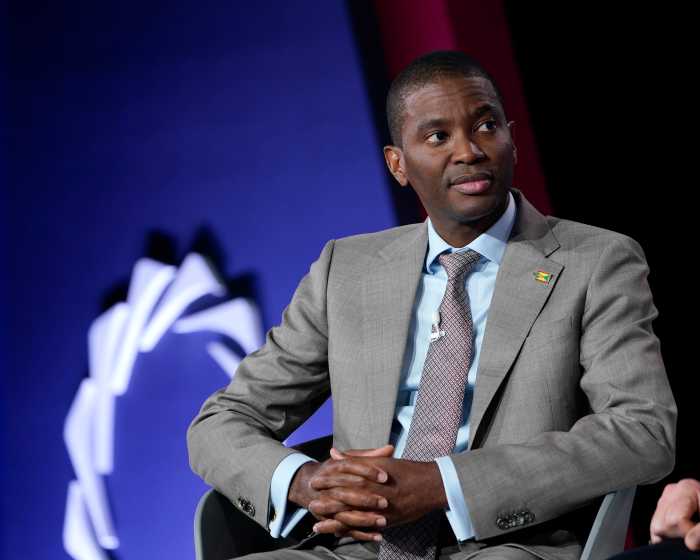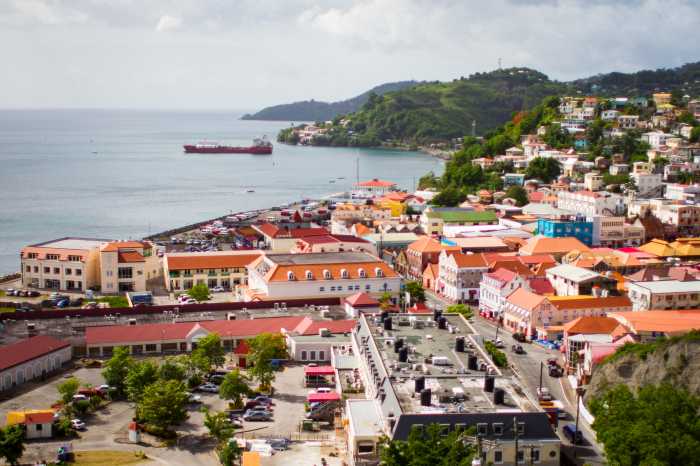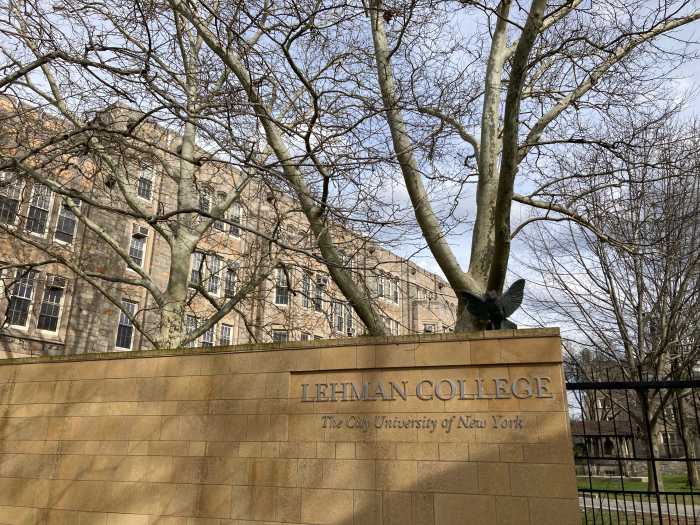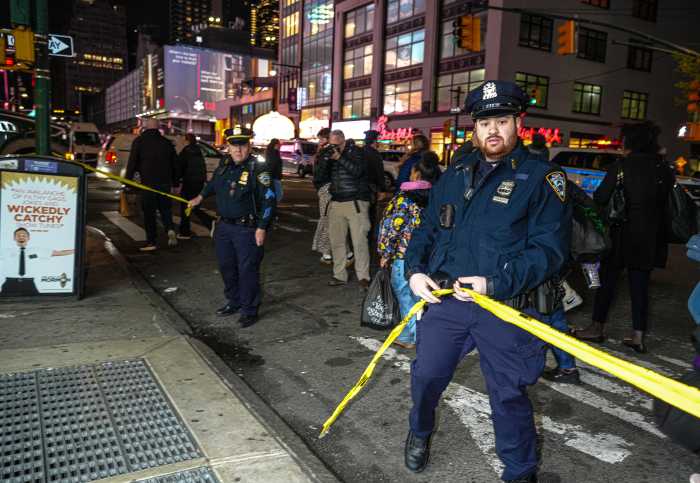BARBADOS
Barbados Prime Minister, Mia Mottley has renewed her call for an agreement on a multi-million vulnerability index to replace the historic per capita income criteria used to provide assistance to developing countries.
Participating in the recent virtual 20th Session of the High-Level Committee on South-North Corporation at the United Nations headquarters in New York, Mottley said Barbados’ clarification as a middle-income country had meant that for more than a decade, the country had limited access in concessional development funding.
She told the conference that a multidimensional vulnerability index will allow for the inclusion of more than just income-based criteria to access eligibility for concessionary finance.
“We have been advocating over the course of the last few years that this needs to change and we need more inclusive mechanisms that will allow our countries to truly benefit from the concessional finds that are available,” she said.
Mottley said the per capita income measurement was unfairly applied in many instances to small island developing states, which were on the front line of different levels of vulnerabilities, namely financial, social and environment.
CARIBBEAN.
Caribbean member countries of the International Monetary Fund (IMF) could benefit from as much as US$2.4 billion in additional liquidity support, under the entity’s newly proposed US$650 billion Special Drawing Rights (SDR) allocation.
The overall provision is intended to aid in the global recovery from the economic fallout resulting from the COVID-19 pandemic, by supplementing the reserve assets of the IMF’s 190-member countries.
During a webinar entitled “Reimaging Caribbean Economies in the Wake of the COVID-19 pandemic,” acting director of the IMF’s Western Hemisphere Department, Nigel Chalk said the proposal is soon to be discussed by the fund’s board.
Once approved, he said, it will be relayed to the board of governors for ratification.
Chalk said the event formed part of the itinerary for the Caribbean Development Bank’s 51st annual meeting from June 15 to July 1.
He explained that the allocations under the proposed SDR provision would be distributed according to each IMF member country ‘s quota share, noting that in the Caribbean’s case, this would equate to approximately US$2.4 billion.
GRENADA
The Grenada government said it will allow private promoters to host cultural events leading up to the carnival celebrations in August, even as it announced that state-funded institutions will not be allowed to do so because of the COVID-19 pandemic.
Prime Minister Dr. Keith Mitchell said that until the island reaches herd community, the authorities will be careful about granting permission for mass social events.
Dr. Mitchell said there can be cultural activities, some of which takes place during carnival.
He told reporters if promoters are moving ahead and promoting cultural activities, and people are vaccinated as a condition to participate in the cultural activities, then, and there “I think the Covid committee is seriously looking at that and there are other social activities that can be permitted with the condition of vaccination.”
Carnival activities end on the second Monday in August, and Mitchell said he would categorize the policy as “an allowance of cultural activities.”
Grenada has recorded over 160 cases of the virus since the first case was recorded in March last year.
GUYANA
Guyana’s main transgender group has welcomed plans by the government to rescind a law against cross-dressing, saying it has been the source of police and state harassment.
Lawmakers in the country in the coming weeks will debate a bill in parliament to discard the British colonial–era portion of an act allowing for fines and jail time for mostly males who dress as females.
The bill was recently laid in parliament during a brief sitting.
A local high court had in 2013 ruled that the police were correct to arrest and charge offenders if they had cross-dressed “for improper purpose, ” in reference to a scenario in which a man dressed as a woman and convinced another man in a darkened club or bar that he was a woman. Then chief justice said the situation can lead to trouble.
Angered by the ruling, the Guyana Transgender Association three years ago took the case to the Trinidad-based Caribbean Court of Justice, which ordered that the law be rescinded because it was unconstitutional.
Guyana’s Attorney General Anil, Nandlall said the government was moving to comply with the ruling.
ST. VINCENT
The Public Service Union (PSU) is accusing the St. Vincent and the Grenadines government of seeking to force public servants to be vaccinated as part of its policy on testing for COVID-19.
In a memorandum, the permanent secretary in the Ministry of Health, said Cabinet has directed that all unvaccinated state employees are required to be tested regularly, up to once a week, based on risk levels as determined by health authorities.
But PSU President, Elroy Boucher said that the memo is not in keeping with science and comes even as the union is awaiting information on the said policy, which the government promised to supply since April.
He said there were no reports of outbreaks of COVID-19 in the government departments and strict measures have been put in place for workers and the public, including mandatory wearing of face masks, hand sanitizing and physical distancing.
Boucher said the government is yet to provide information on random sampling that it had spoken about since April.
He noted that the PSU, the Teacher’s Union, as well as the Police Welfare Association have long said until they can see how long the policy is fleshed out, members should not comply.
TRINIDAD
Majority state-owned Caribbean Airlines Ltd. (CAL) reported an after tax loss of US$103 million in its financial year ended Dec. 31, 2020, compared with a US $6.7 million profit in 2019.
CAL’s management accounts for 2020 lay bare the damage that the Covid-19 pandemic has wreaked on the airline, which stopped international flights into and out of Piarco International Airport in March 2020.
Since that time,Trinidad and Tobago’s borders have been closed to scheduled commercial flights but have been reopen for repatriation and cargo flights, as the government struggles to contain the COVID-19 pandemic.
CAL’s total revenue in 2020 was US$ 137.3 million, a decline of 69.7 percent on the US$453.7 million it generated in 2019.
The airline’ total expenses plummeted by 47.3 percent, declining to US$227.7 in 2020 from US $432.3 million in 2019.
That left CAL with an operating loss of US$90.4 million in 2020, compared with an operating profit of US$21.4 million in 2019.
— Compiled by Azad Ali


